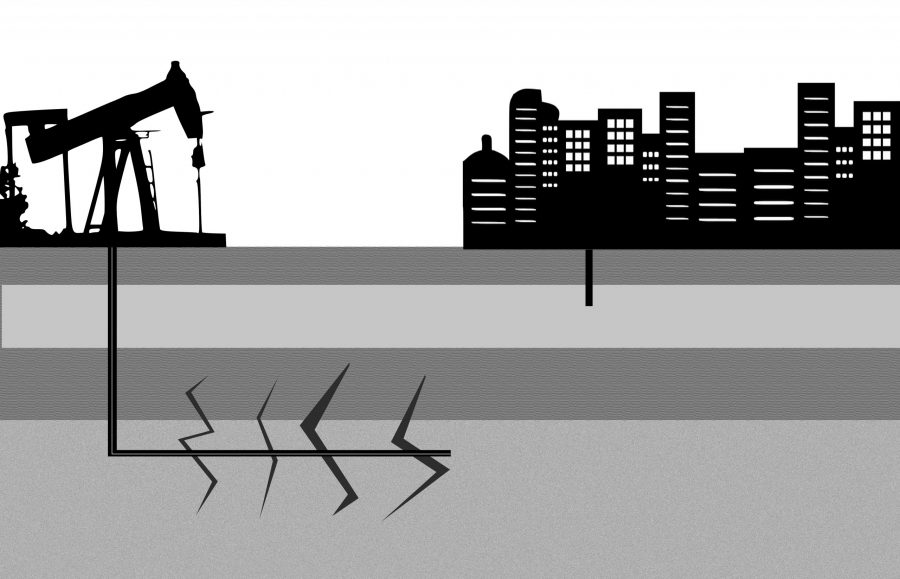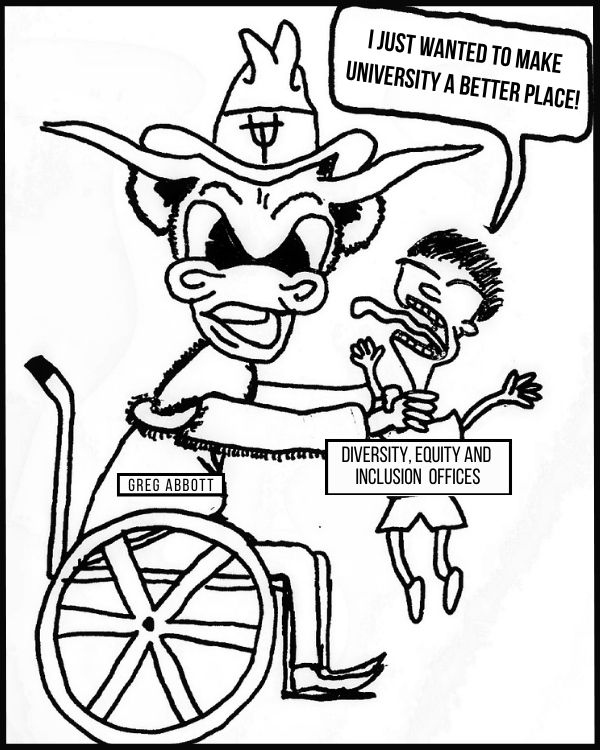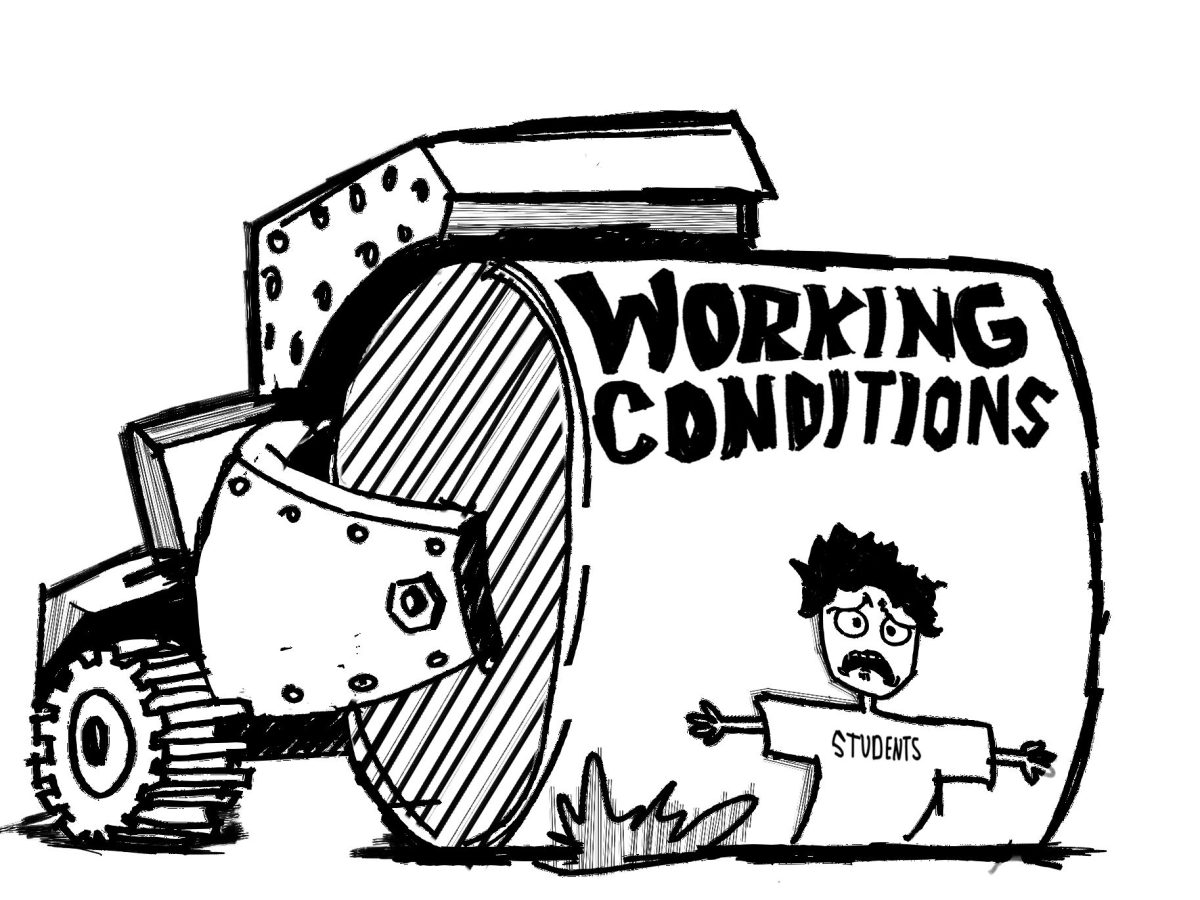High school students in chemistry class across the U.S. are introduced to the basic concept of molecular density and polarization with a simple experiment: mixing oil and water.
Even the slackers among those classes remember that the two will not mix. The polar molecules of water are packed very densely, meaning that if there’s a mixture of oil and water, water will always sink beneath the oil.
These two fluids are part of the national conversation once again due to the 1,168-mile oil route called the Dakota Access Pipeline (DAPL).
The controversial crude oil project – approved by the Army Corps of Engineers without any environmental impact statements – extends across four states: North and South Dakota, Iowa and Illinois.
Proponents of the DAPL tout its economic boost and argue it would make the U.S. less dependent on importing energy from other (potentially less stable) regions of the world. The project developer, Dakota Access, stated that the $3.7 billion pipeline “will bring significant economic benefits to the region that it transverses.”
Despite this claim, federal agencies and Dakota Access failed to consult the Standing Rock Sioux Tribe, who believe the construction and operation of the pipeline will threaten the Tribe’s economic and environmental well-being. It would also “damage and destroy sites of great historic, religious and cultural significance to the Tribe,” according to a complaint filed in federal court.
There’s the additional possibility that digging the pipeline under the Missouri River would detrimentally affect the Tribe’s drinking-water supply.
Our nation’s addiction to oil has completely blinded us to a basic fact: water is essential to life. Ensuring access to safe drinking water is a human right and shouldn’t be controversial. It’s actually the difference between life and death.
Unfortunately, this country has a dark history when it comes to acknowledging the rights of Native Americans; it’s been 178 years since the U.S. government sanctioned genocide with the Trail of Tears, and we still can’t seem to treat indigenous people with basic human dignity.
The construction of the DAPL is a disturbing repetition of history. This pipeline is another attempt to profit by stealing from indigenous people, disregarding their rights to the land and the environmental impacts simultaneously.
UTSA students disturbed by polluting water in the name of oil should be aware that this type of polluting occurs closer to home — in Texas — and that it is ordered by university leaders. Of the 2.1 million acres of land the UT System owns across the western region of the state, 95 percent is leased for the purpose of fracking, generating approximately $600 million a year in revenue.
Fracking is the process of drilling a well into shale rock and then pumping a highly pressurized combination of water, sand and chemicals to extract shale gas. This process renders the water no longer potable, threatening to contaminate local water sources and ultimately dumping its waste into toxic wells. It is also a water intensive process and so depletes the water supply as well.
The Environmental Protection Agency has confirmed that hydraulic fracking does contaminate drinking water; however, in Texas, companies are shielded from disclosing specific chemicals that make up their hydraulic fracking fluid ingredients because of a loophole in a 2012 state law.
Drilling for oil doesn’t justify polluting water. UT System administrators and Texas lawmakers could learn from the Standing Rock Sioux Tribe — the Earth deserves our reverence and is worth fighting for. From tribal grounds to rural regions of Texas to Flint, Michigan – access to clean water is a right not a privilege. There are things more important than profit: the planet and its people.


















